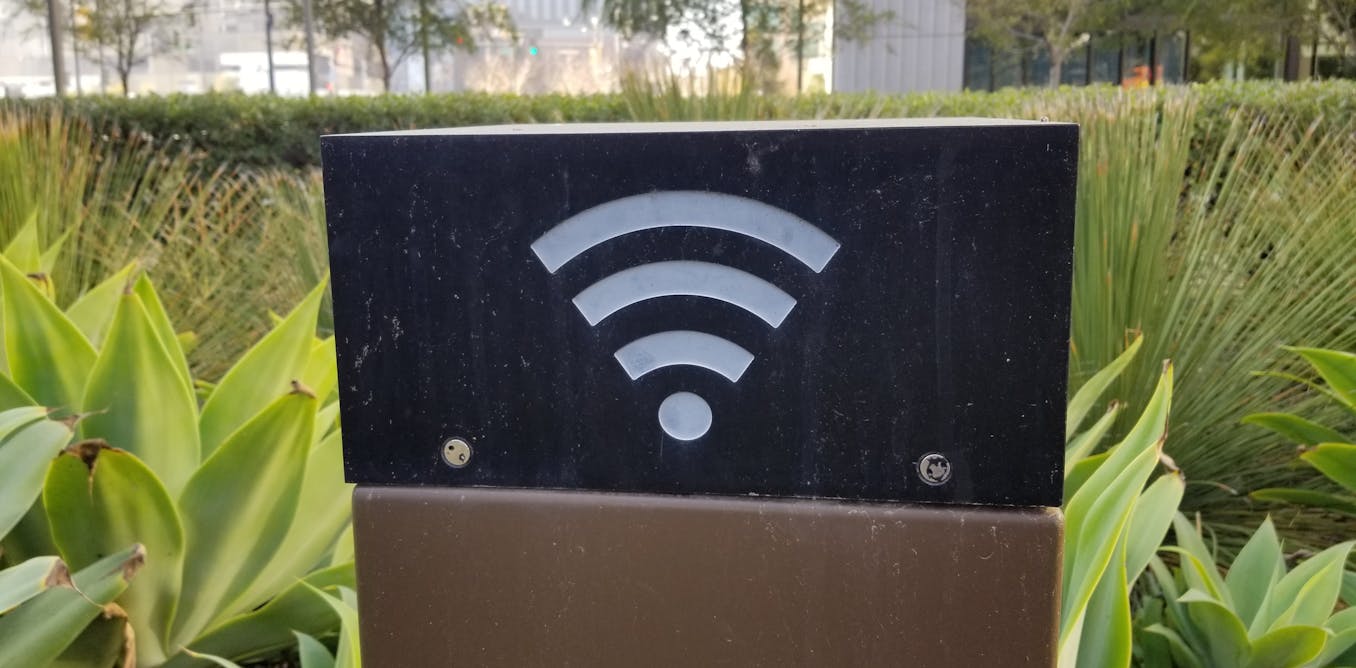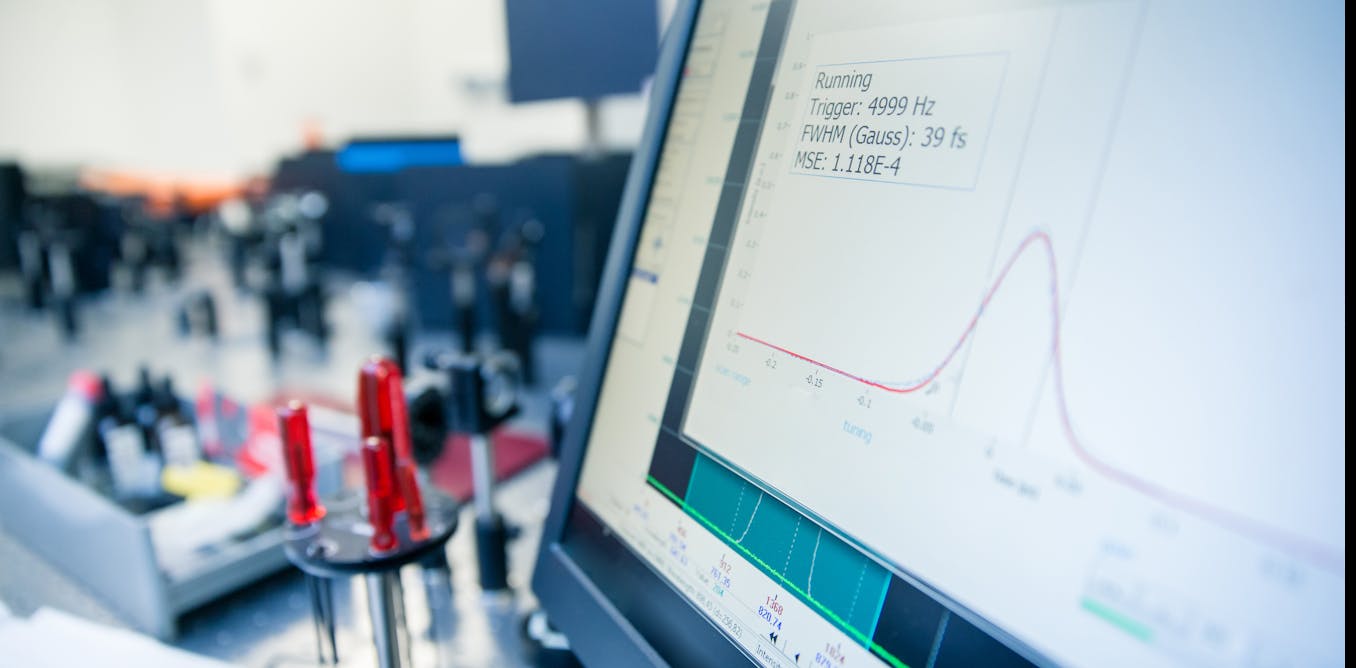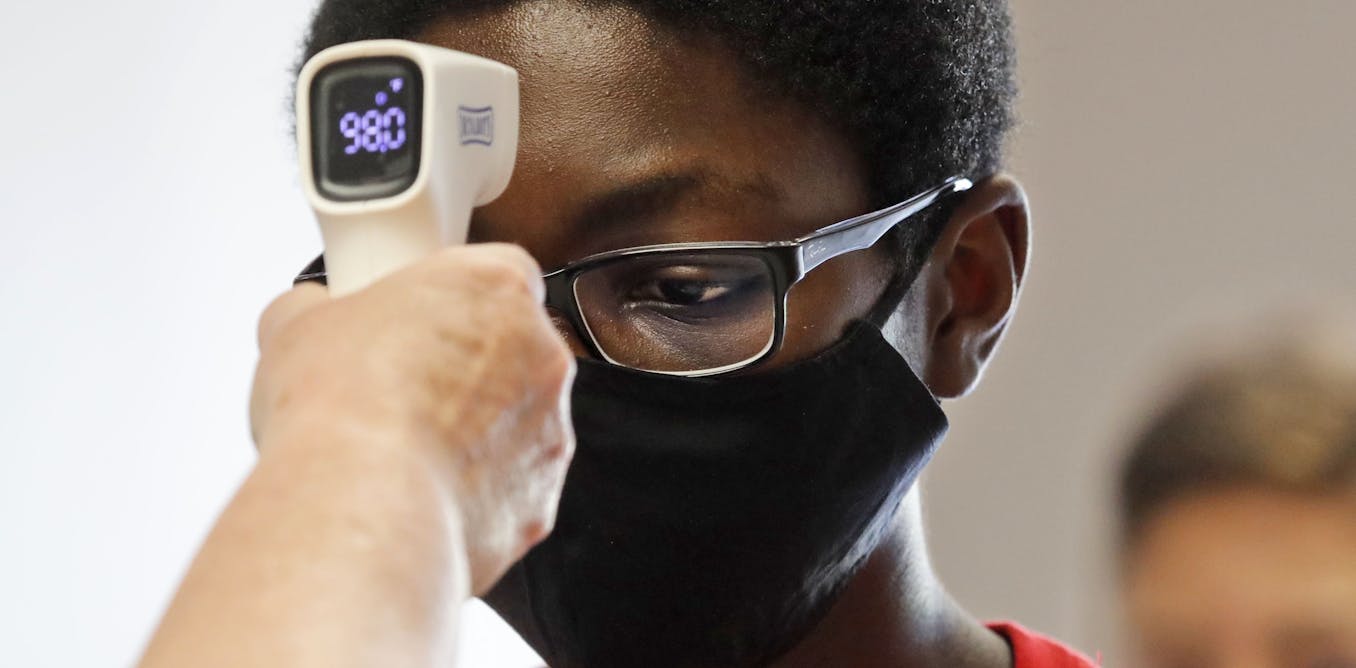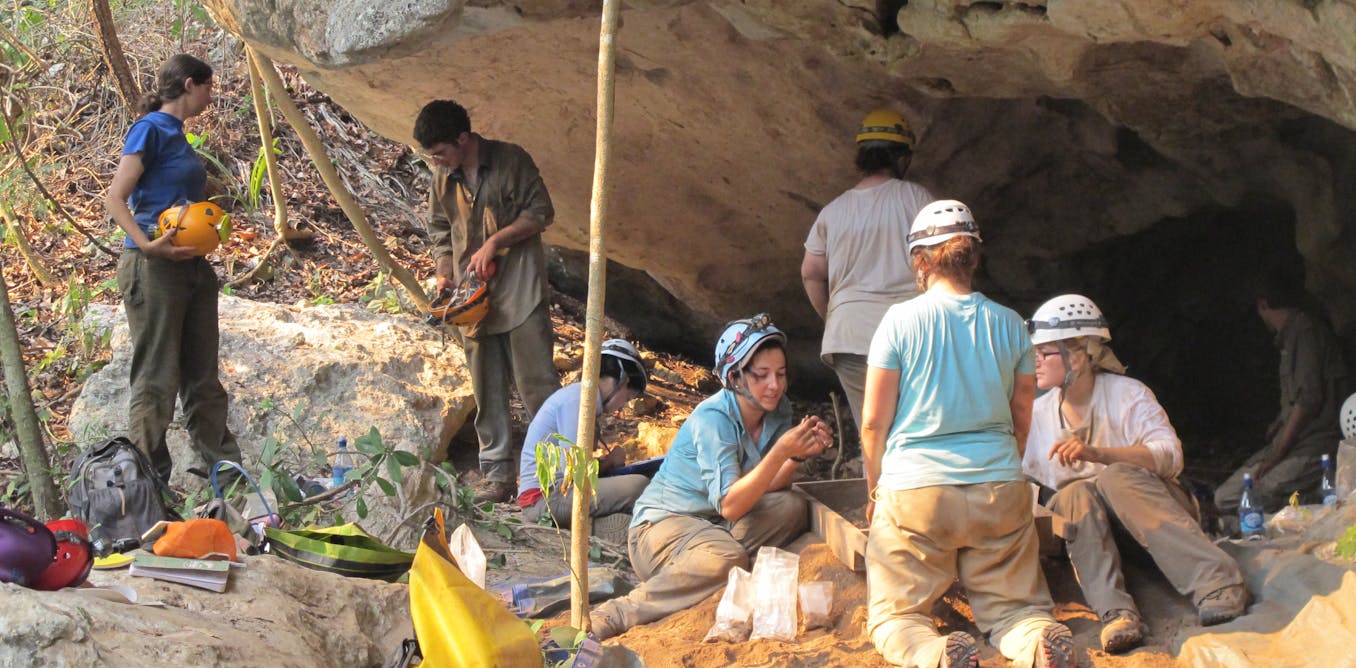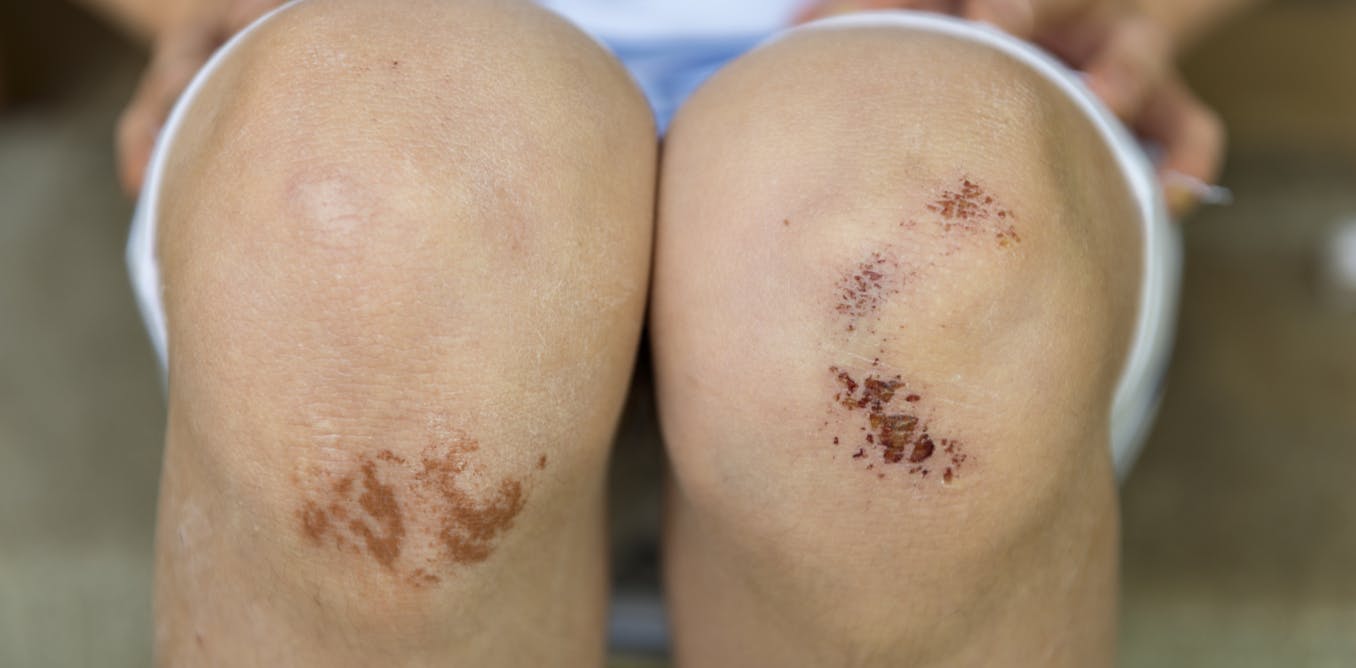How does Wi-Fi work? An electrical engineer explains
Wi-Fi has become a fundamental part of modern digital life, but its foundation is the same as the technology that allowed your great-grandparents to listen to their favorite radio programs.
Jan. 12, 2021 • ~5 min

